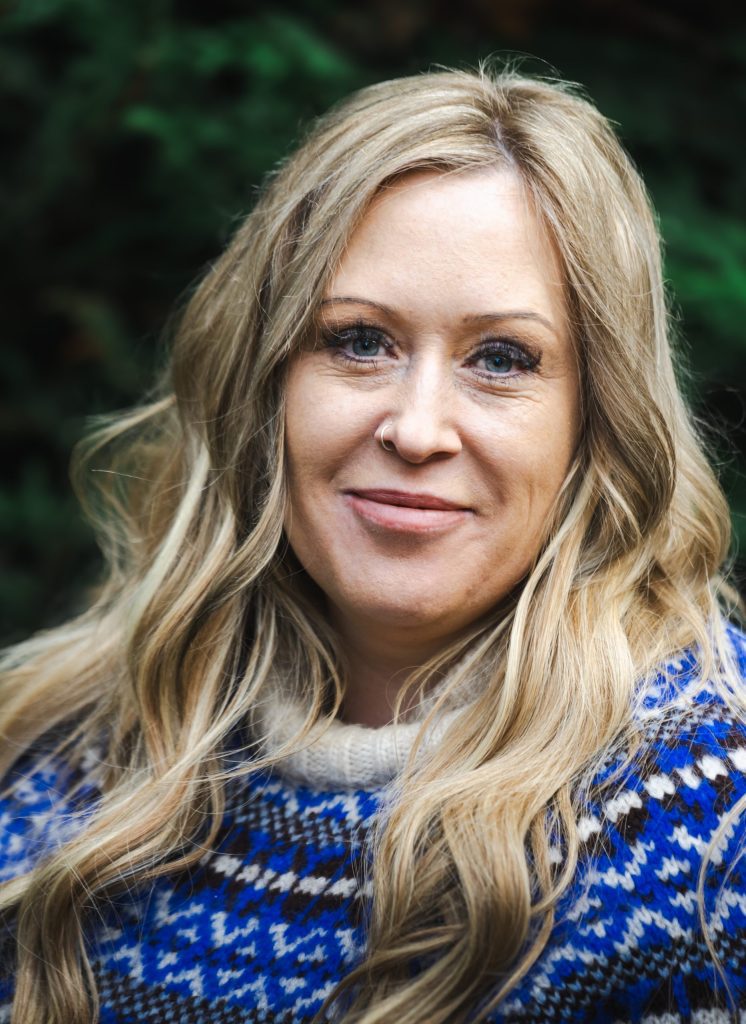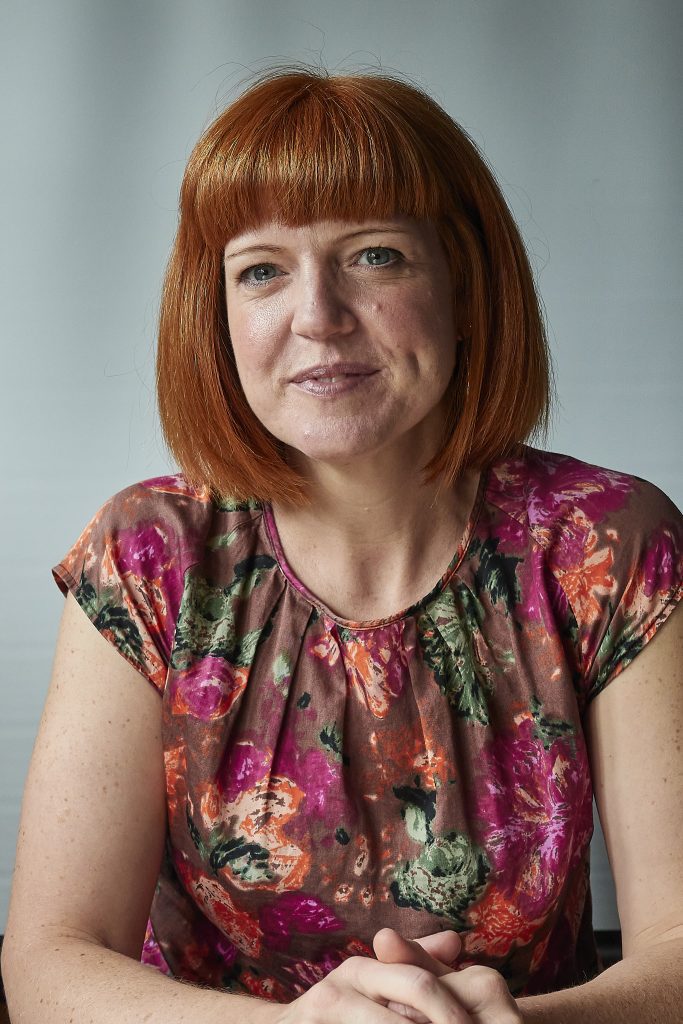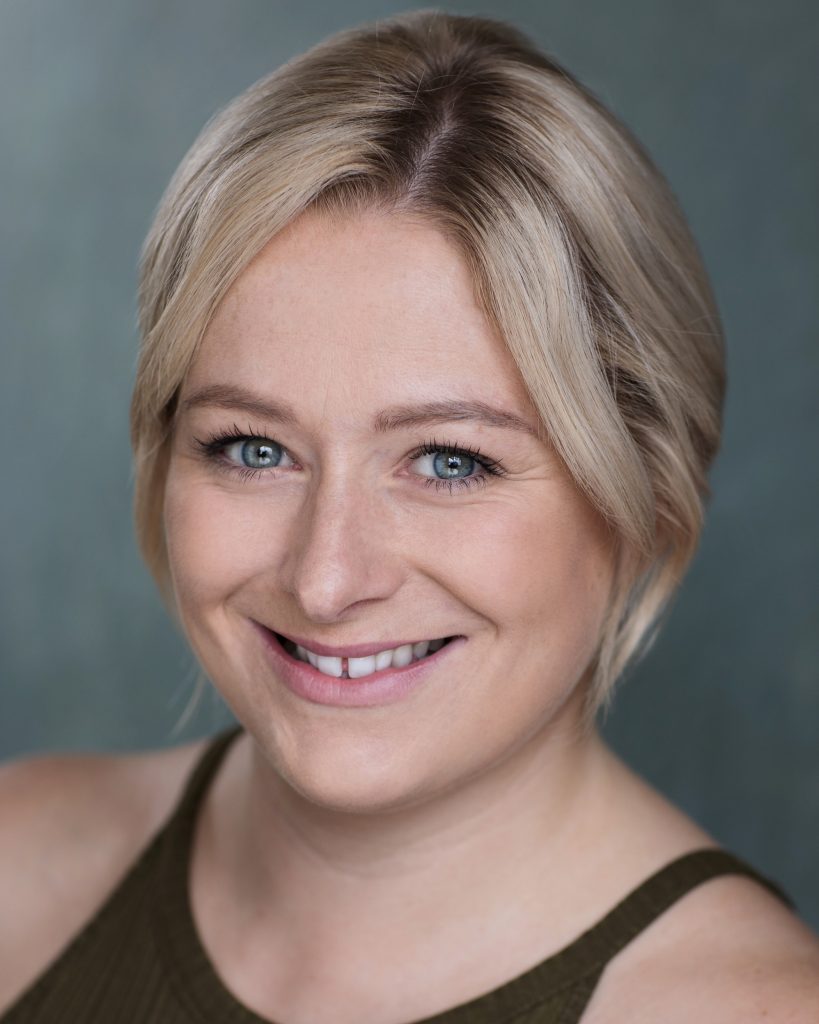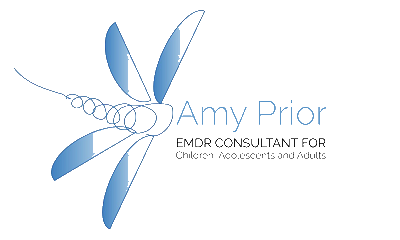About us
Welcome to Dragonfly therapeutic services. We have over 20 years of experience in Child and Adolescent Mental Health Services.
Meet the team

Amy Prior
My name is Amy Prior and I have been working with children, young people and adults for 15 years in a variety of settings including, CAMHS (Specialist Child and Adolescent Mental Health Services), Youth Justice Service and MIND Charity.
My role has enabled me to build a foundation of knowledge about children and young people’s needs and the various factors that can contribute to mental health.
Background and experience
Education & Qualifications
EMDR Masters Graduate – University of Worcester 2019
BA (Hons) Criminology and Criminal Justice – Bangor University – 2004
I’m a EMDR Europe Accredited Consultant for Children, Adolescents and Adults. Eye Movement Desensitization and Reprocessing is a powerful new non-drug, non- hypnosis psychotherapy method to find healing from a wide range of personal and emotional difficulties.
I have been practising EMDR (Eye Movement Desensitisation and Reprocessing) Therapy since 2014. I achieved my Maters in EMDR Therapy at the University of Worcester in 2019. My particular interest is the effectiveness of EMDR with Children and Adolescents.
‘EMDR The revolutionary new therapy for freeing the mind, clearing the body and opening the heart’. Parnell, L., Transforming Trauma: EMDR (London: Norton, 1997)
I am also a DBT Therapist and practised this therapy since 2015. DBT Therapy is a cognitive behavioural treatment that was originally developed to treat chronically suicidal individuals diagnosed with borderline personality disorder (BPD). This treatment is now the gold standard psychological treatment. In addition, research has shown that its effective in treating a wide range of other disorders e.g. substance dependence, depression and eating disorders.
Dr Sunil Pulapaka
Dr Sunil Pulapaka is an experienced Consultant Child & Adolescent Psychiatrist who is currently working as a CAMHS Consultant in the NHS Trust in Wales. He has a Medical Degree and has been a Member of the Royal College of Psychiatrists since 2005. He is section 12(2) approved.
Dr Pulapaka is experienced in Neurodevelopmental conditions includes ADHD and Autism Spectrum Disorder, Tic disorders in young people under the age of 18. Other specialisms including attachment issues, eating disorders, PTSD, depression, General anxiety, phobias and Obsessive Compulsive Disorder.
He has extensive knowledge in the treatment & management of various psychiatric disorders in adult population such as Psychosis, Schizophrenia, Bipolar affective disorder, Personality disorder, Depression, Anxiety disorders, Post-Traumatic Stress Disorder (PTSD).
Dr Pulapaka is a Regional advisor for RCPsych CAP faculty, Wales; PLAB examiner for GMC and recruitment lead for HEE. He has been described by his peers as an empathetic, kind and extremely competent, knowledgeable and thoughtful.


Dr Nancy Bancroft
Bethan
Bethan is a Sesame-trained Dramatherapist with a dedicated commitment to supporting children, adults, and families in navigating the complexities of mental health and emotional wellbeing. Having trained at the Royal Central School of Speech and Drama in London, Bethan returned to Wales and has been practicing in Cardiff since 2022. Prior to qualifying as a Dramatherapist, Bethan has had an extensive career in working with children and families for over 15 years, utilising the therapeutic qualities of creative expression, something Bethan learned the power of during her 10-year career in theatre and television as a professional actress.
During that time, Bethan has worked in various institutions in England and Wales, including primary and secondary schools, Barnardo’s, Steps2Recovery, MIND, and within private practice. Bethan specialises in working with children and adolescents, focusing on concerns including anxiety, depression, bullying, addiction, trauma, self-harm, suicidal thoughts, and domestic violence. Combining a wide variety of creative activities, such as art, movement, story, images, mindfulness, and games with Jungian and developmental psychology, Bethan aims to provide her clients with a safe space in which to explore and better understand their own patterns and stories and gain new knowledge in coping mechanisms to aid healing. Bethan remains steadfast in her goal to support people’s voices and embrace positive discovery with open arms.


Diana
Diana grew up in Toronto and worked as a literacy tutor, then trained as a theatre designer at the Riverside Studios in London and worked at the Stratford Festival in Canada. Returning to the UK to continue her studies (BA Hons Art and Social Context), she then worked as a visiting lecturer at Dartington College of Arts, Devon, for nearly 10 years.
After training as an art therapist (University of the West of England), Diana worked for 14 years as lead art therapist in a CAMHS service in south west England.
Diana has worked extensively with young people, including those living in foster care or adoptive families and developed her skills in DDP (Dan Hughes’ model of dyadic developmental psychotherapy) and Trauma focused CBT.
Diana moved via France to south Wales to work in another CAMHS service and studied EMDR with the Mirabilis Institute. Diana has continued to run her own private therapy practice since 2005.
She is registered with the HCPC and is a member of EMDR UK and EFAT ( European Federation of Art Therapists).
Overall view of a Dramatherapy Intervention Plan (ranging between 6-20 weeks on average)
1.
Assessment: The therapist conducts an initial assessment to understand the client’s needs, goals, and challenges. This may involve interviews, questionnaires (e.g. CORE and CORE YP assessment forms), observations, and tests (e.g. Tree-Person-House).
2.
Goal setting: Based on the assessment, the therapist collaborates with the client to develop a Working Agreement for the therapy space and establish specific therapy goals. These goals could relate to improving communication skills, managing emotions, building confidence, or addressing specific psychological concerns.
3.
Treatment Planning: The therapist designs a treatment plan tailored to the client’s goals and preferences. This plan may include a variety of creative and psychodrama techniques, as well as verbal reflection and discussion, based on how the client prefers to work. However, it is essential that the therapist remains adaptive to the needs of the client during the intervention.
4.
Intervention: During therapy sessions, the therapist guides the client through experiential exercises using the techniques outlined above. These activities are designed to explore emotions, thoughts, and behaviours in a safe, confidential and supported environment.
5.
Processing: At the end of each session, the therapist facilitates discussion and reflection to help the client make sense of their experiences. This may involve exploring the symbolism, themes, and insights that emerge during the session. An overall reflection is then provided towards the end of the intervention, allowing client and therapist the opportunity to identify coping strategies and a safety plan moving forward.
6.
Skill building: Throughout the therapy process, the therapist helps the client to develop and strengthen coping skills, communication skills, emotional regulation techniques, and problem-solving abilities.
7.
Integration: The client is encouraged to apply insights and skills learned during therapy to real-life scenarios outside the therapy room. The therapist may provide homework assignments or suggest strategies for practicing these newly acquired skills in everyday life.
8.
Evaluation: Periodically, the therapist and client review progress towards therapy goals and make any necessary adjustments to the treatment plan. This ongoing evaluation ensures the therapy remains relevant and effective for the client’s shifting needs.
9.
Ending and follow-up: When the intervention comes to its agreed end or the client feels they are ready to end their therapy, the therapist facilitates a safe closing process to ensure as smooth a transition as possible. Follow-up sessions may be arranged if required, to provide additional support and ensure any further recommendations are put in place.
Contact Us Today
Take the first step towards positive change and reclaim your life with the support of compassionate therapist. Together, we can foster personal growth, nurture fulfilling relationships, and create a path of empowerment and resilience.
We provide mental health assessments, autism assessments, and bespoke therapeutic programmes and group work for children, adolescents, adults and families/carers in various locations across Mid Wales.
Following your enquiry Dragonfly therapy will contact you and provide a referral form and a service price list. We will then arrange an initial assessment appointment via zoom where you will have the opportunity explore possible treatment options.
Please note: We have limited slots available. Book your session today to reserve your spot.
By submitting this form you consent to your submitted data being collected and stored in accordance with GDPR regulations.
Contact Us Today
Take the first step towards positive change and reclaim your life with the support of compassionate therapist. Together, we can foster personal growth, nurture fulfilling relationships, and create a path of empowerment and resilience.
We provide mental health assessments, autism assessments, and bespoke therapeutic programmes and group work for children, adolescents, adults and families/carers in various locations across Mid Wales.
Following your enquiry Dragonfly therapy will contact you and provide a referral form and a service price list. We will then arrange an initial assessment appointment via zoom where you will have the opportunity explore possible treatment options.
Please note: We have limited slots available. Book your session today to reserve your spot.
By submitting this form you consent to your submitted data being collected and stored in accordance with GDPR regulations.



